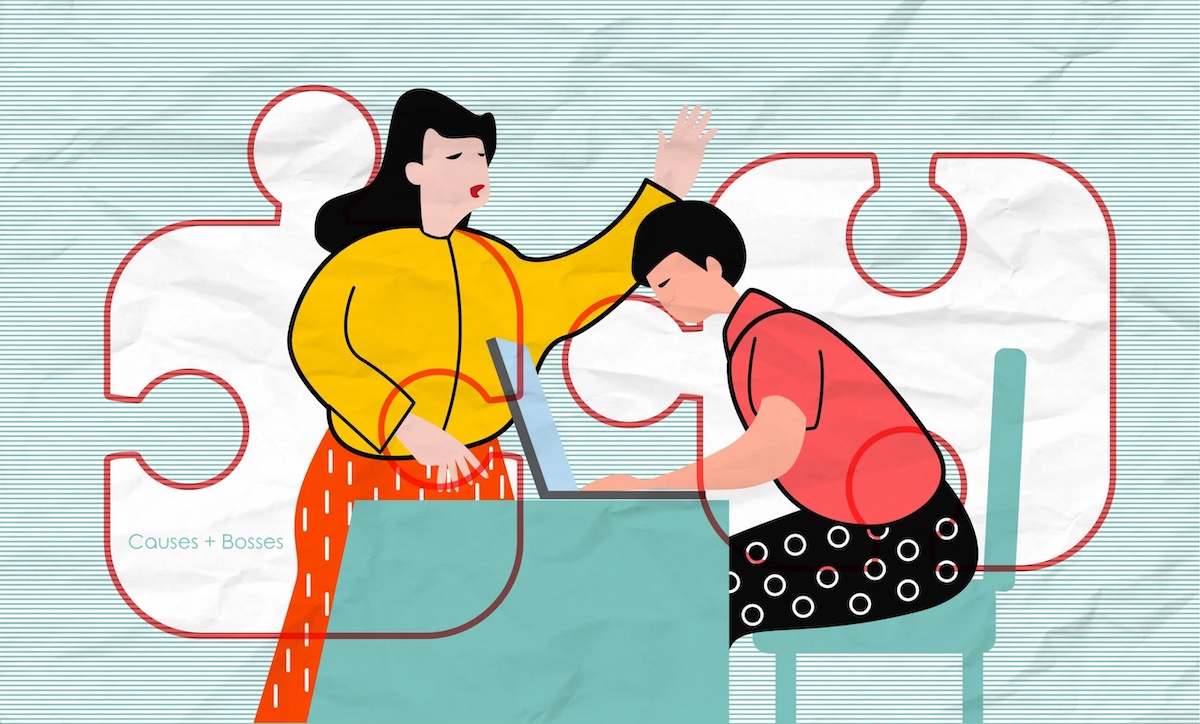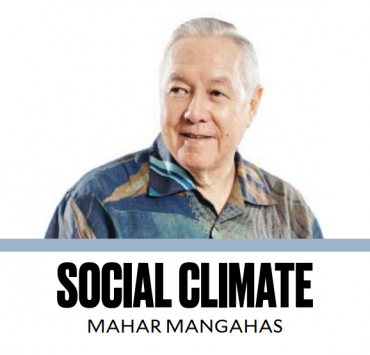I don’t cry in restrooms anymore

2024 has been nothing short of transformative. A year where I found myself in a space that pays me well, challenges me meaningfully, and surrounds me with leaders and colleagues who empower me to grow and thrive. It’s the kind of year that, years ago, I would have never thought possible.
I spent five years working in the government, serving in the field of disaster risk reduction and management (DRRM). It is work that I believed in with all my heart, but it wasn’t easy. Hindi uso ang day-off sa DRRM. We are on call 24/7, rain or shine, but most especially when it’s raining.
When everyone else gets to stay safe and warm at home because of a work suspension announced by Malacañang, kami naman ang tinatawag na “Team However.” However, in the exigency of service, you are still required to report to work.
It’s the kind of job where you often feel invisible. You do what you can to keep people safe, and yet when things go wrong, it’s still your fault. Kapag nagawa mo naman, eh trabaho mo lang naman daw kasi ‘yun. It’s a thankless job, no pats on the back—and don’t even get me started on the compensation.
Working in DRRM felt like you were constantly giving yourself away. There were times we put our safety at risk because that’s what was needed—from us, from the job. From the outside, people called us “heroes” or “frontliners,” but honestly, a lot of us didn’t feel like that. Most days, we were just tired—physically, mentally, emotionally.
The challenges didn’t stop there. If anything, they became even more complex. We wanted to help everyone, but sometimes our hands were tied. Resources were limited, funding was stretched thin, and difficult decisions had to be made on who would receive assistance first. It was painful to explain to those in need why we couldn’t help them all. No matter how much we gave, it never felt like enough.
And beyond the logistical struggles, there was the emotional burden—seeing the devastation, the lives lost, and the unimaginable suffering of disaster survivors. The weight of those images stayed with us long after the response ended. Many of us struggled to process the heaviness of what we had witnessed—what some would call trauma. But not all had the time, access, or opportunity to reflect on these experiences. For many, the cycle of response after response left no space to heal, forcing us to carry the weight of the last crisis into the next.
There were days when the stress became too much—when I found myself breaking down in restrooms, hidden from everyone. It’s where tears fell quietly because there was no space for weakness elsewhere.
One moment I will never forget: I thought I had locked the restroom door. I was in there crying, barely holding it together. Then a colleague came in. He didn’t say much. He just smiled, left a roll of tissue on the sink, and whispered, “I’ll give you some space.” That tiny act of kindness gave me enough strength to wipe my tears, stand up, and return to work—again.
But I don’t cry in restrooms anymore.
Not because crying was wrong—no. Crying helped me survive. Crying was my way of saying, “I’m still fighting, kahit mahirap.” It was my way of releasing the pain so I could keep going.
But today, I am in a better place. A place where my work is valued. A place where I am not just seen but supported. I am surrounded by people who treat my contributions with respect and who understand that leadership isn’t just about demanding more but enabling people to be more. I have found a space where I can still serve people, where my voice is heard, and where my heart can heal from everything it once endured.
To my fellow DRRM professionals: I see you. I know the long hours, the sleepless nights, and the sacrifices you make to keep your communities safe. I know the weight of carrying responsibilities that many will never understand. But know this—you are making a difference. Every plan you draft, every risk you manage, every person you help during an emergency is a step toward a safer, more resilient world.
So, if you find yourself crying in a restroom, I want you to remember: it’s okay to feel tired. It’s okay to cry. But know that your struggles today are not in vain.
I don’t cry in restrooms anymore. And I hope one day, you won’t have to either.
—————-
CJ Feria, 29, is a humanitarian worker and disaster risk management professional with experience in both government and NGO settings. An educator, communicator, and lifelong learner, he is passionate about building resilient communities in the Philippines and beyond. He currently applies his expertise at the United Nations.

















